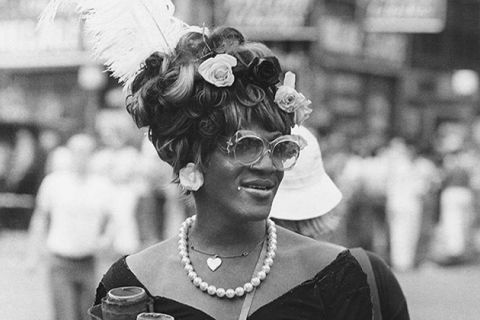Portia White: The Singer Who Broke The Color Barrier
- Feb 26, 2018
- 3 min read

Portia White is a well known African Canadian singer. She was born in Truro, Nova Scotia in 1911, the third child of thirteen. Her mother was Izie Dora who descended from Black Loyalists in Nova Scotia. Her father was William A. White, a child of former slaves from Virginia. After serving as the only black chaplain in the British army during World War I, he decided to move to Halifax. He then became a pastor at Cornwallis Street Baptist Church. He was the second black Canadian accepted to Acadia University where he graduated in 1903 earning a degree in Theology. He was also the first black Canadian to obtain a Doctorate of Divinity.
White’s singing career began at six years old when she joined the choir guided by her mother, who was the music director. She pursued her talent, walking as far as 10 miles a week for her music lessons. At age 8, she was singing the soprano parts from opera Lucia di Lammermoor. She got opportunities to sing in Canadian radio broadcasts arranged by her father. In the early 1930’s, she taught in black Nova Scotian communities such as Africville and Lucasville. Meanwhile, she received voice lessons as a mezzo-soprano. She also won the Helen Kennedy Silver Cup in 1935 at the Halifax Music Festival. In 1939, Portia obtained a scholarship from the Halifax Ladies Musical Club to continue with music at Halifax Conservatory of Music, where she started to sing as a contralto.
On November 7th, 1941, Portia finally made her national debut after reciting many times at Acadia University and Mount Allison University. She performed at the Eaton Auditorium and received notable mentions from people such as Hector Charlesworth and Edward Wodson who described her voice as a “gift from heaven”. Portia still had many struggles receiving bookings due to her race, but made her international debut in New York’s Town Hall in 1944. She was the first Canadian to ever perform there. Following this, the Nova Scotia Talent Trust was founded in 1944 to help Portia focus on her career. The same year, she signed with the largest agency in North America, Columbia Concerts Incorporated. In 1946, she had a 3 month tour of Central and South America. She performed in France and Switzerland in 1948. However, Portia found the tours to be exhausting and tiring because she rarely got rest. She retired from performing on stage in 1952 to further study music at the Royal Conservatory of Music. She then decided to teach music in Toronto herself. She taught many known performers such as Robert Goulet, Dinah Christie, Don Francks, and Lorne Greene. Although retired, she would perform from time to time. One of her last performance was for Queen Elizabeth II in 1964, at the opening of the Confederation Centre of the Arts in Charlottetown, P.E.I.
White fought a hard battle with cancer and died on February 13, 1968, in Toronto, Ontario. She was identified as “a person of national historic significance” by the Government of Canada and “the singer who broke the colour barrier in Canadian classical music” by the Halifax Chronicle-Herald. Tributes made her in honour are comprised of a postage stamp issued by Canada Post, a plaque in her birthplace, a life-sized sculpture of her carved from a tree in front of Truro’s Zion Baptist Church and a documentary (Think on Me). There were many streets and schools named after her in Nova Scotia. The Portia White Prize was created by the Nova Scotia Arts Council and awarded to an outstanding Nova Scotian in the arts yearly. The Nova Scotia Talent Trust also created the Portia White Scholarship Award for outstanding vocalists. All of these were made to recognize Portia White as a significant historical figure who became very popular regardless of facing oppression at a time of institutionalized racism.




Comments